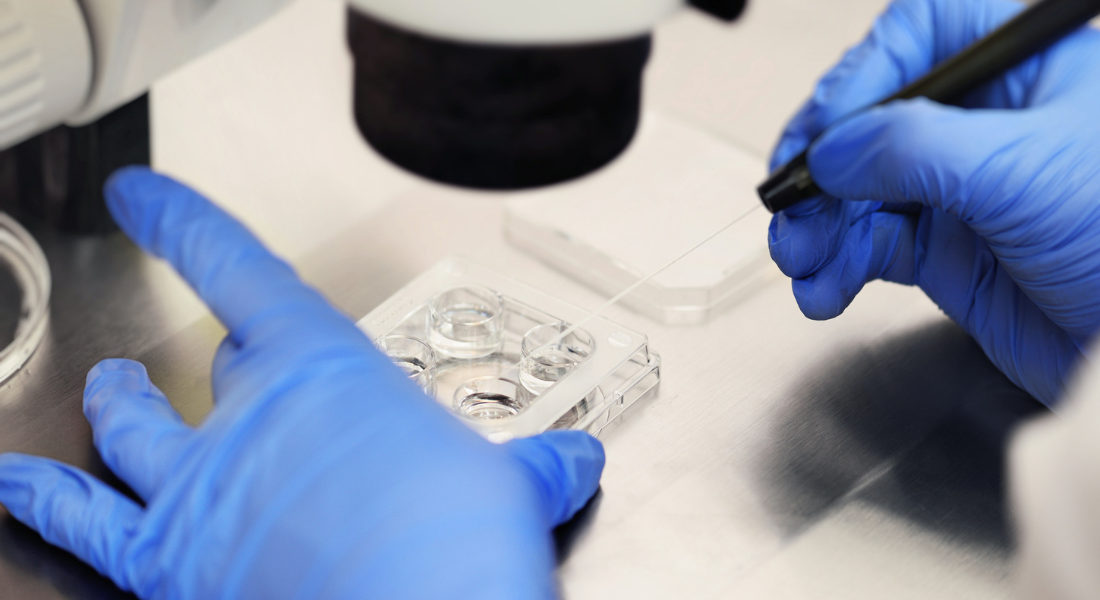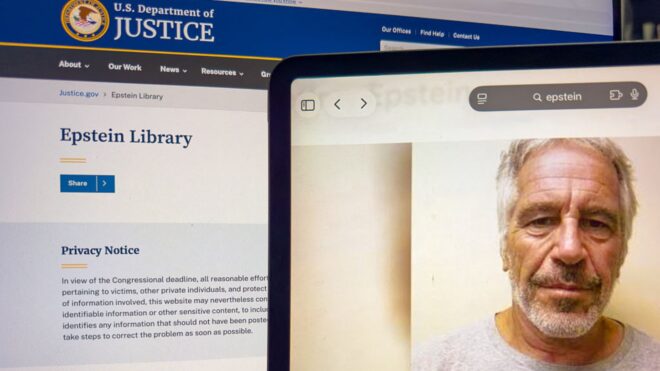
Cutting-edge technology has produced the first successful embryos and subsequently, healthy babies, using a robotic needle to insert sperm cells into eggs at New Hope Fertility Center in New York City. Alan Murray, co-founder of Overture Life, the company that created the robot, is hoping to lower the cost of in-vitro fertilization treatment by up to 70%, according to the New York Post.
Forty years since the first baby was conceived via IVF reproduction, reports estimate more than 8 million babies have been born through IVF and other fertility treatments despite the often prohibitive cost, reported Science Daily.
Fertility treatments have always been exorbitantly expensive, something Overture Life and other startups are hoping to change. In the US, it’s estimated that an IVF baby can cost an average of $83,000, Murray told the New York Post.
More from CafeMom: I Struggled With Infertility & It Took 900 Needles To Bring My Son Into This World
Parents of the babies conceived with the help of the new technology had tried IVF in the past without success.
The father of the babies conceived with the use of robot injection said he and his partner had tried IVF multiple times in the past unsuccessfully, reported MIT Technology Review. Both of the embryos created with the new technology were healthy, resulting in the births of two baby girls. The robot-assisted injection was with the use of donor eggs provided to the patients without charge, and then after fertilization, the embryos were grown and placed into the patient's uterus, per the New York Post.
The father, who wished to remain anonymous, said, “It’s wild isn’t it? They said up until now it had always been done manually," reported MIT Technology Review.
The company has filed a patent application and other start-ups are following suit.
Overture Life, which is a Spanish company, has filed a patent application for the “biochip” reportedly involving an IVF lab, according to the New York Post. Other companies are trying to achieve similar success with inventive fertility technology, including AutoIVF, IVF 2.0, and Conceivable Life Sciences. Overture has raised about $30 million from investors that include the former CEO of YouTube, per MIT Technology Review.
More from CafeMom: Mom Says Fertility Clinic Impregnated Her With 'Wrong' Baby & Didn't Realize Until She Gave Birth
Past innovations in fertility treatments have not lowered the costs.

The chief geneticist working for Overture Life, Santiago Munné said, “IVF has to be cheaper. And if any doctor could do it, it would be," according to the New York Post. Munné said a single try at conceiving at a fertility clinic with IVF can cost up to $20,000. These costs have made fertility treatments inaccessible for many couples and individuals trying to conceive with IVF.
Rita Vassena, an advisor to Conceivable Life Sciences told MIT Technology Review, “The trend is toward piling up tests and technologies … rather than a true effort to lower access barriers."
Fertility experts say the use of robots in IVF is inevitable.
“We’re going to see an evolution of what an embryologist is,” a chief scientist at Innovation Fertility, a chain of clinics in the Southern US, told MIT Technology Review. Embryologists reportedly make up to $125,000 annually to carefully handle sperm and eggs, making IVF labs a multimillion dollar industry, per MIT Technology Review.
The use of innovative technology and robots, such as the robot designed by Overture Life, will hopefully pave the way for more affordable and accessible fertility treatments for couples and individuals trying to conceive.



